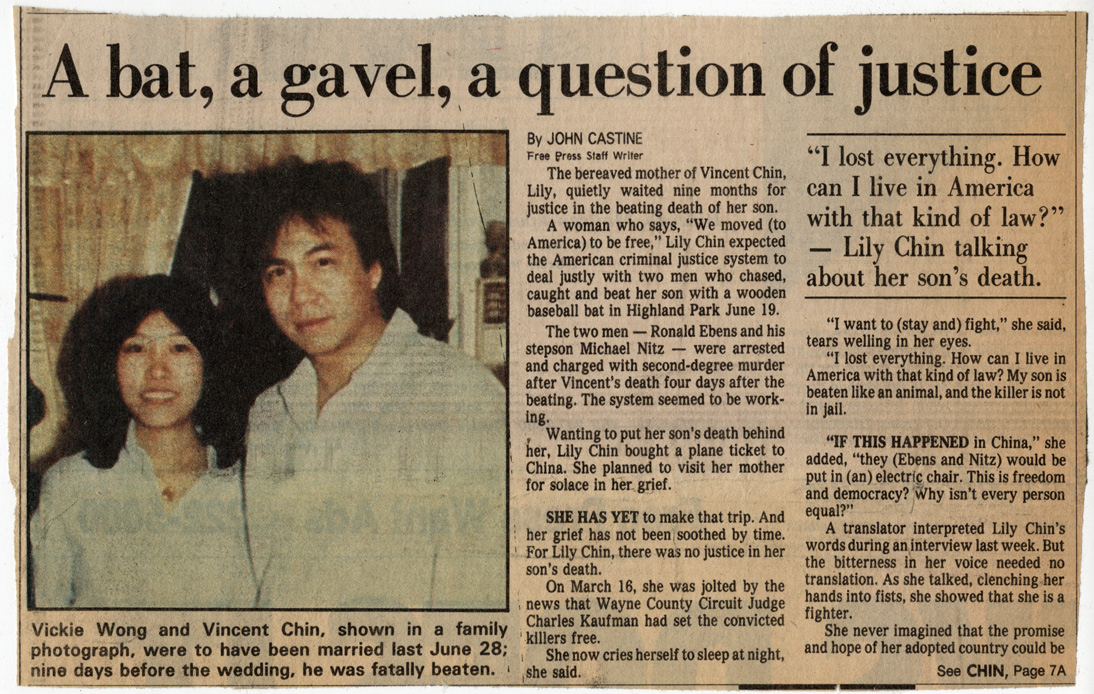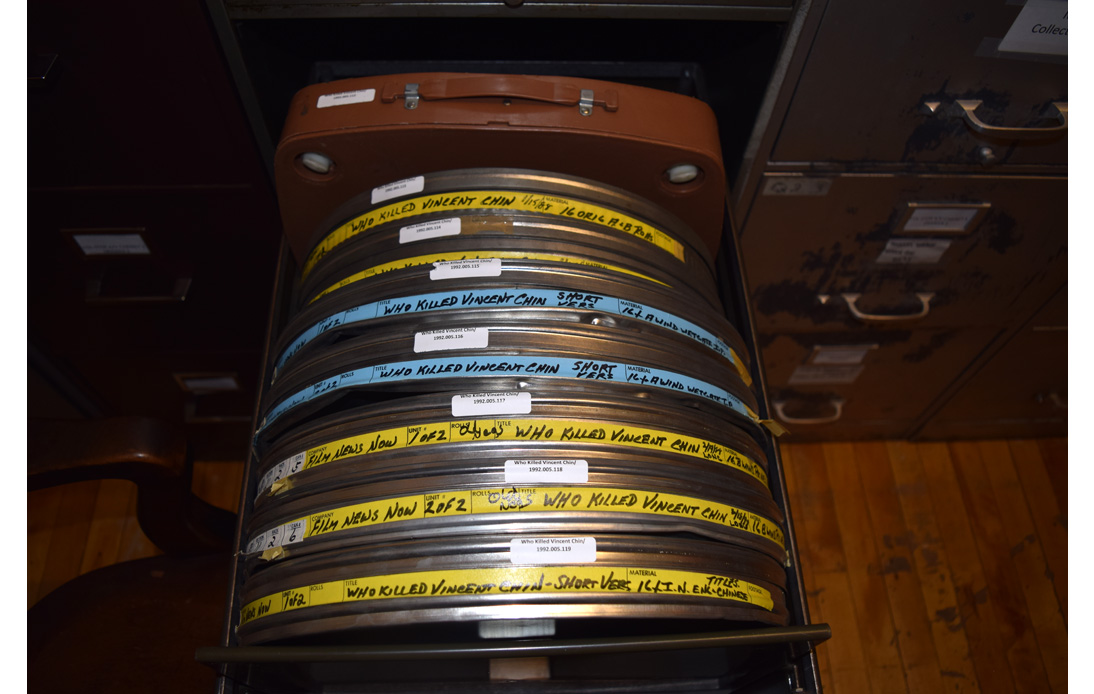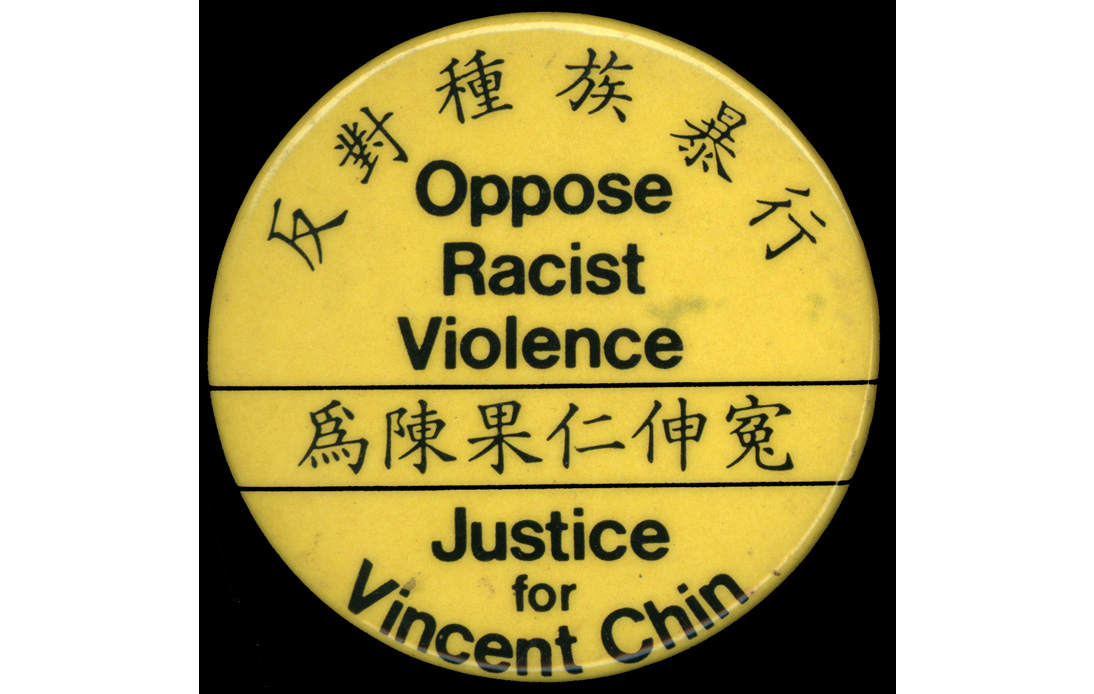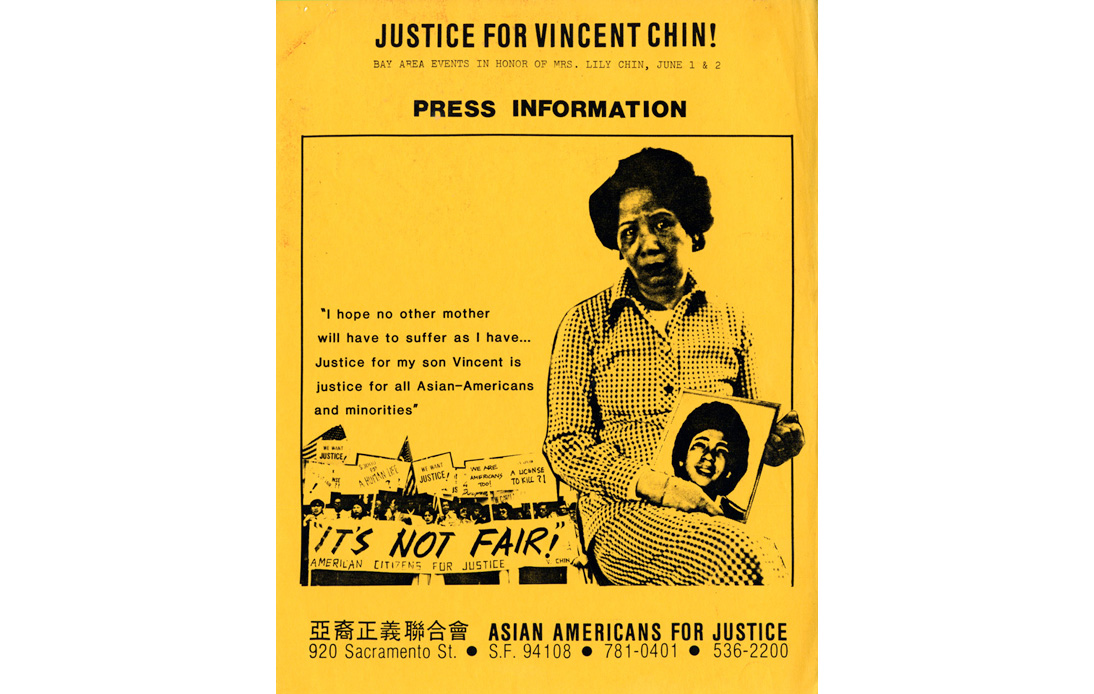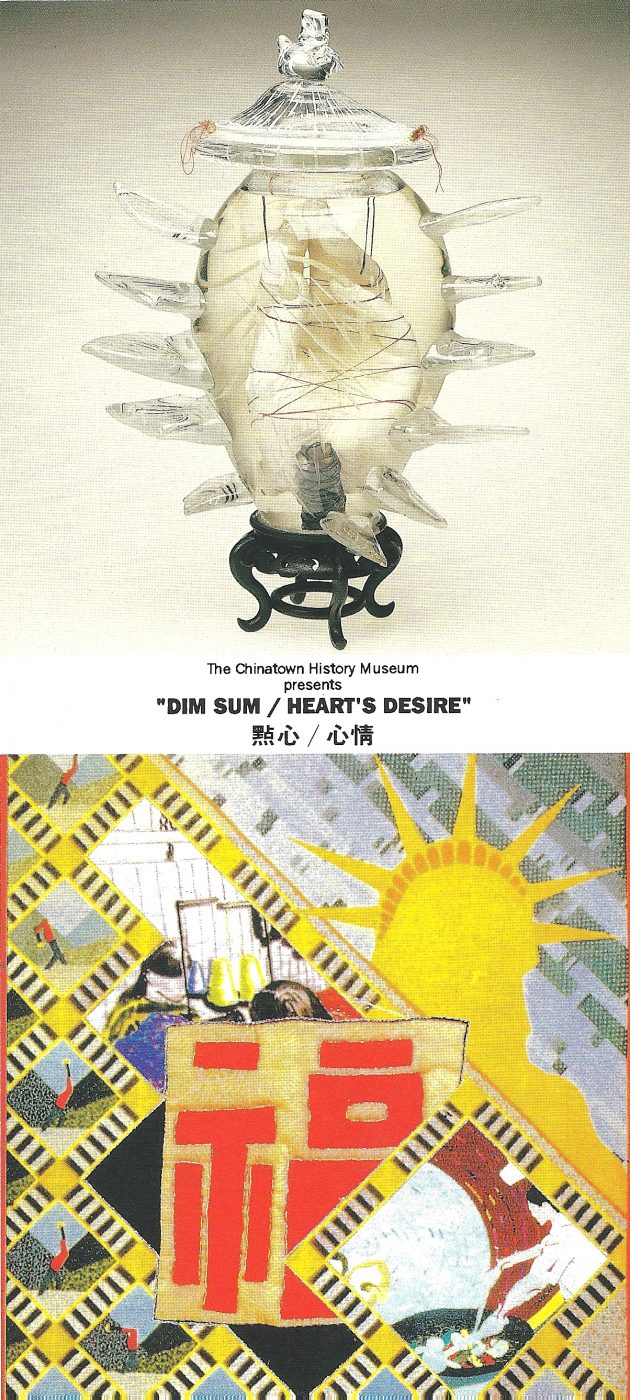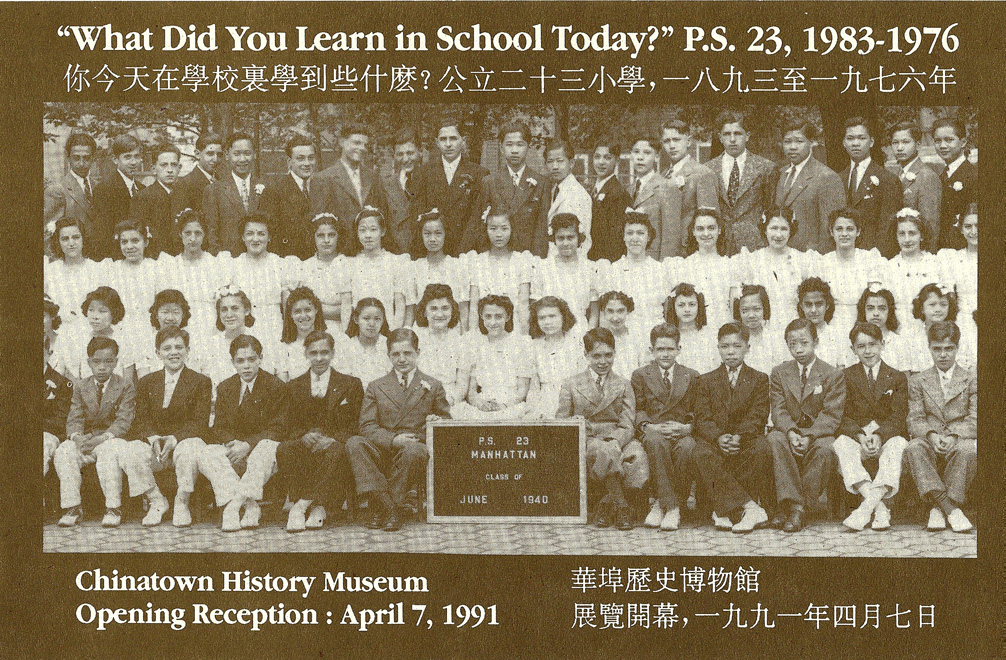Collections馆藏Collections馆藏Collections馆藏Collections馆藏Collections馆藏Collections馆藏Collections馆藏Collections馆藏Collections馆藏Collections馆藏Collections馆藏Collections馆藏Collections馆藏Collections馆藏Collections馆藏Collections馆藏Collections馆藏Collections馆藏Collections馆藏Collections馆藏Collections馆藏Collections馆藏Collections馆藏Collections馆藏Collections馆藏Collections馆藏Collections馆藏Collections馆藏Collections馆藏Collections馆藏Collections馆藏Collections馆藏Collections馆藏Collections馆藏Collections馆藏Collections馆藏Collections馆藏Collections馆藏Collections馆藏Collections馆藏Collections馆藏Collections馆藏Collections馆藏Collections馆藏Collections馆藏Collections馆藏Collections馆藏Collections馆藏Collections馆藏Collections馆藏Collections馆藏Collections馆藏Collections馆藏Collections馆藏Collections馆藏Collections馆藏Collections馆藏Collections馆藏Collections馆藏Collections馆藏Collections馆藏Collections馆藏Collections馆藏Collections馆藏
On June 19, 1982, a 27-year-old Chinese American man was beaten into a coma that he never woke up from. He was targeted because the two men that assaulted him thought that he was Japanese and blamed him for the decline in the Detroit auto industry. The two men never saw any jail time, with the judge stating, “These weren’t the kind of men you send to jail…You don’t make the punishment fit the crime; you make the punishment fit the criminal.”
In 1987, documentary filmmakers Christine Choy and Renee Tajima-Pena made the documentary Who Killed Vincent Chin? The film delves into the facts about the case and aftermath of the ruling. The filmmakers collected news footage, fliers, transcripts, and other materials, which they would later donate to MOCA in 1992.
